Web Programming for Business
Web Programming for Business: PHP Object-Oriented Programming with Oracle focuses on fundamental PHP coding, giving students practical, enduring skills to solve data and technical problems in business.
Using Oracle as the back-end database, the book is version-neutral, teaching students code that will still work even with changes to PHP and Oracle. The code is clean, clearly explained, and solutions-oriented, allowing students to understand how technologies such as XML, RSS, and AJAX can be leveraged in business applications. The book is fully illustrated with examples, and includes chapters on:
- database functionality;
- security programming;
- transformation programming to move data.
PowerPoint slides, applied exam questions, and the raw code for all examples are available on a companion website. This book offers an innovative approach that allows anyone with basic SQL and HTML skills to learn PHP object-oriented programming.
David Paper is a professor of management information systems at Jon M. Huntsman School of Business, Utah State University, USA. With experience at major companies including Texas Instruments and IBM, David teaches both undergraduate and graduate students of computer science and business.
 A range of further resources for this book are available on the Companion Website at www.routledge.com/cw/paper
A range of further resources for this book are available on the Companion Website at www.routledge.com/cw/paper
Web Programming for Business
PHP Object-Oriented Programming with Oracle
David Paper
First published 2015
by Routledge
711 Third Avenue, New York, NY 10017
and by Routledge
2 Park Square, Milton Park, Abingdon, Oxon OX14 4RN
Routledge is an imprint of the Taylor & Francis Group, an informa business
2015 Taylor & Francis
The right of David Paper to be identified as author of this work has been asserted by him in accordance with sections 77 and 78 of the Copyright, Designs and Patents Act 1988.
All rights reserved. No part of this book may be reprinted or reproduced or utilized in any form or by any electronic, mechanical, or other means, now known or hereafter invented, including photocopying and recording, or in any information storage or retrieval system, without permission in writing from the publishers.
Trademark notice: Product or corporate names may be trademarks or registered trademarks, and are used only for identification and explanation without intent to infringe.
Library of Congress Cataloging in Publication Data
Paper, David.
Web programming for business : PHP object-oriented programming with
Oracle / David Paper.
pages cm
Includes bibliographical references and index.
ISBN 978-0-415-81804-9 (hardback : alk. paper) ISBN 978-0-415-81805-6
(pbk. : alk. paper) ISBN 978-0-203-58208-4 (ebook : alk. paper) 1. PHP
(Computer program language) 2. Oracle (Computer file) 3. Web sites
Design. I. Title.
QA76.73.P224P37 2014
006.76dc23
2014002227
ISBN: 978-0-415-81804-9 (hbk)
ISBN: 978-0-415-81805-6 (pbk)
ISBN: 978-0-203-58208-4 (ebk)
Typeset in Times New Roman
by Cenveo Publisher Services
This book is dedicated to my mother Radine and great friend Malik. My mother was always there when I needed a shoulder to cry on during the writing process. She never ceased to amaze me with her unwavering support even when I would babble on about technology outside of her realm of experience. Malik is always encouraging me by telling me that I can doing anything I set my mind to accomplishing. I am lucky to have such wonderful people in my life!
Contents
Tables
Audience
I wrote this book for people who want to be web programmers. Web programming is not trivial, but it is definitely not astrophysics or neuroscience. In over two decades of teaching technologies of various sorts and 18 years of teaching PHP (with Oracle), I believe that almost anyone can learn how to do it.
I teach between 10 and 20 students in my PHP class. My students tend to be graduate management information systems (MIS) majors, but I always let a few undergraduate students attend. Some semesters, I even have a few computer science students in my class. My students tend to have some programming experience, but some have little to none. Nevertheless, students who work hard tend to come out of my class with marketable PHP programming skills.
Admittedly, students with at least one or two programming classes under their belt (preferably of the object-oriented variety) tend to learn faster. But, I know of many students with no programming experience who have thrived in my class. The profile of successful students is that they possess a great attitude for learning. They want to be in the class and they want to gain a skill that will help them succeed.
Coverage
Topics for the book were chosen based on many years teaching web programming, consultation with industry experts in the field, reading numerous white papers and programming books, and talking to students about course content. Some of my former students have working experience, which adds even more credence to their suggestions. I invite alumni, programmers, consultants, and managers to speak in my class whenever possible. My experience, student comments, and industry comments help ensure the timeliness, relevance, and quality of course content.
Teachers Guide
The book is intended as a source of simple to advanced tested and working code pieces to help students learn PHP web programming in a modular and systematic fashion with Oracle 12 c as the back-end database. The emphasis is on precision using practice-feedback loops to enrich knowledge and understanding. With practice-feedback loops, an example is presented, students load the code in a browser, the expected result is shown, and then feedback and explanation of what the code accomplished is provided.
The companion website provides all code from the book, accompanying assignments for each chapter, and PowerPoint slides for each chapter. The PowerPoint slides are what I use to teach the MIS 6650 Advanced Web Development (graduate) class, which is in its 18th year of being offered. Students have commented to me every semester that the slides are an excellent supplement that helps them complete the assignments, fare well in exams, and get them ready for the job market. The book offers much deeper explanations (than the slides) of what the code accomplishes (feedback) as well as definitions of terms and symbols.
Although I recommend that students have attended at least one course related to object-oriented programming, I have taught students with little to no programming background. I believe that students with a positive attitude toward learning can gain the programming skills I teach in the book. Acquiring programming skills is not magic. It requires a lot of hours sitting in front of a computer beyond taking a class or reading a book. I dont think that there is any other way to learn programming skills!
The book expresses the knowledge I have acquired in over 20 years of working with Oracle, PHP, PL/SQL, AJAX, and SQL. I purposely include as many code modules as possible because this is how I teach students PHP (with Oracle) and many of my students have gone on to have successful careers. I emphasize practice, practice, and more practice because this is how I learned and how my students have learned. Over the years, I have received many positive endorsements from students who took this course. They inform me that my instruction on PHP web development was instrumental in their careers; from getting their first job to advancing their MIS careers.

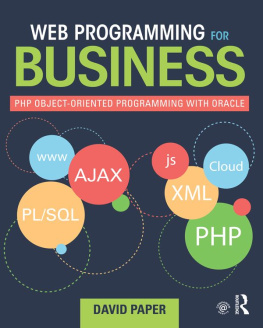
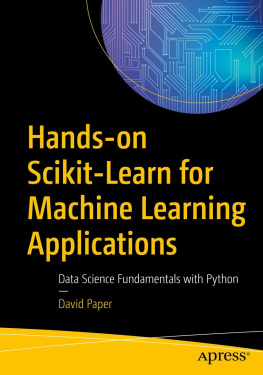
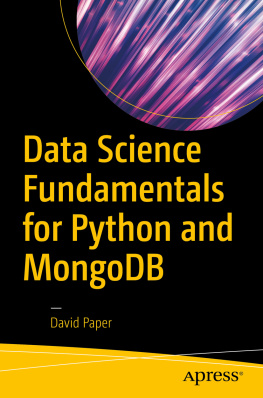

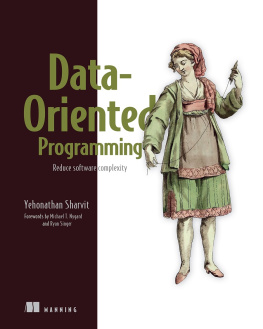
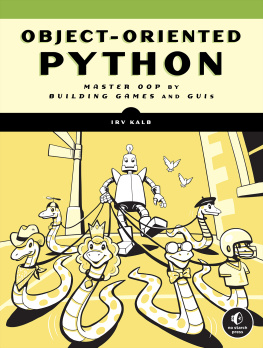
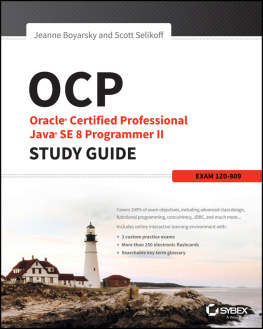

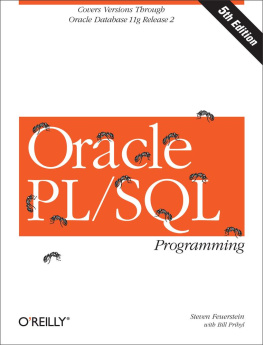
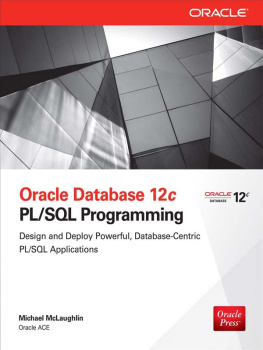
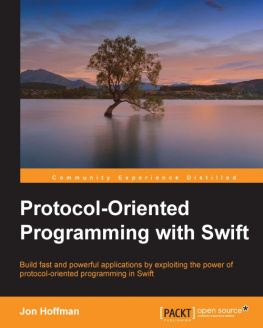
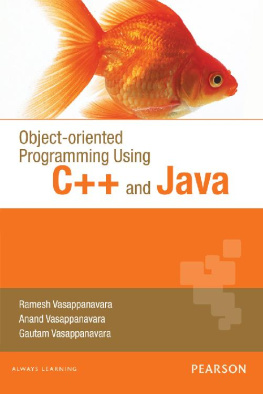
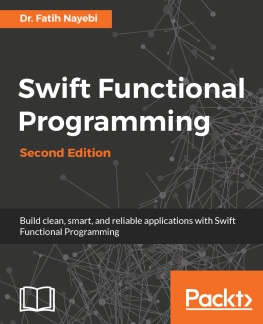
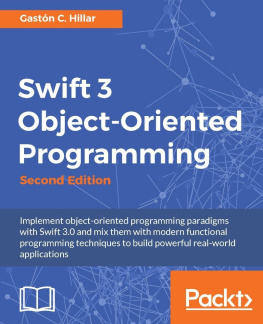
 A range of further resources for this book are available on the Companion Website at www.routledge.com/cw/paper
A range of further resources for this book are available on the Companion Website at www.routledge.com/cw/paper